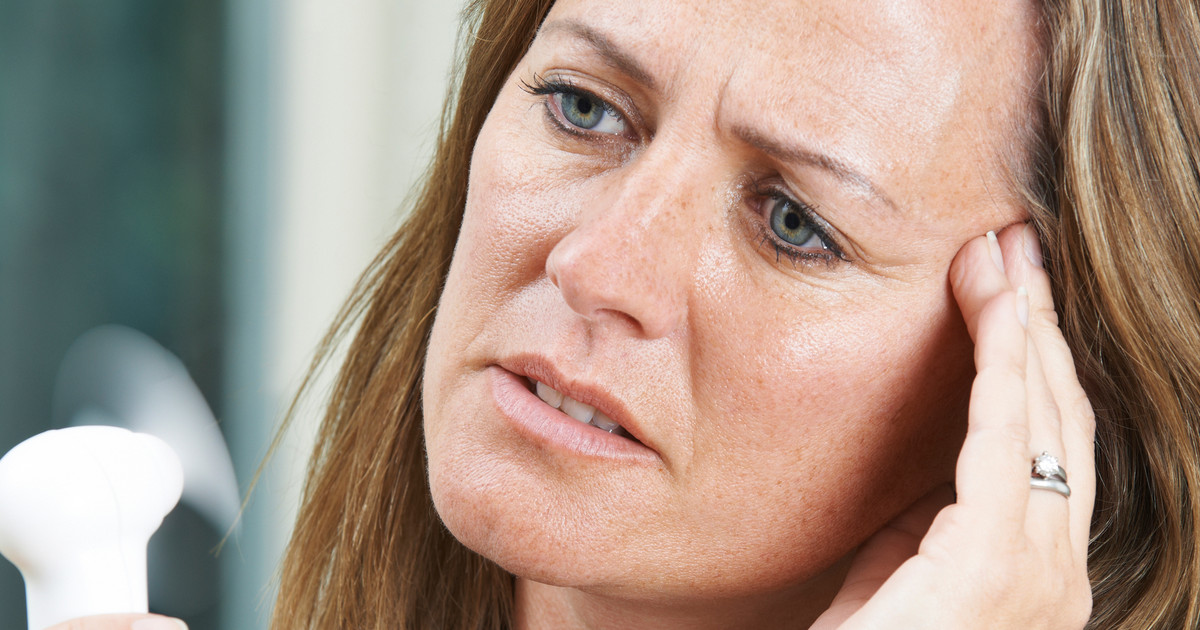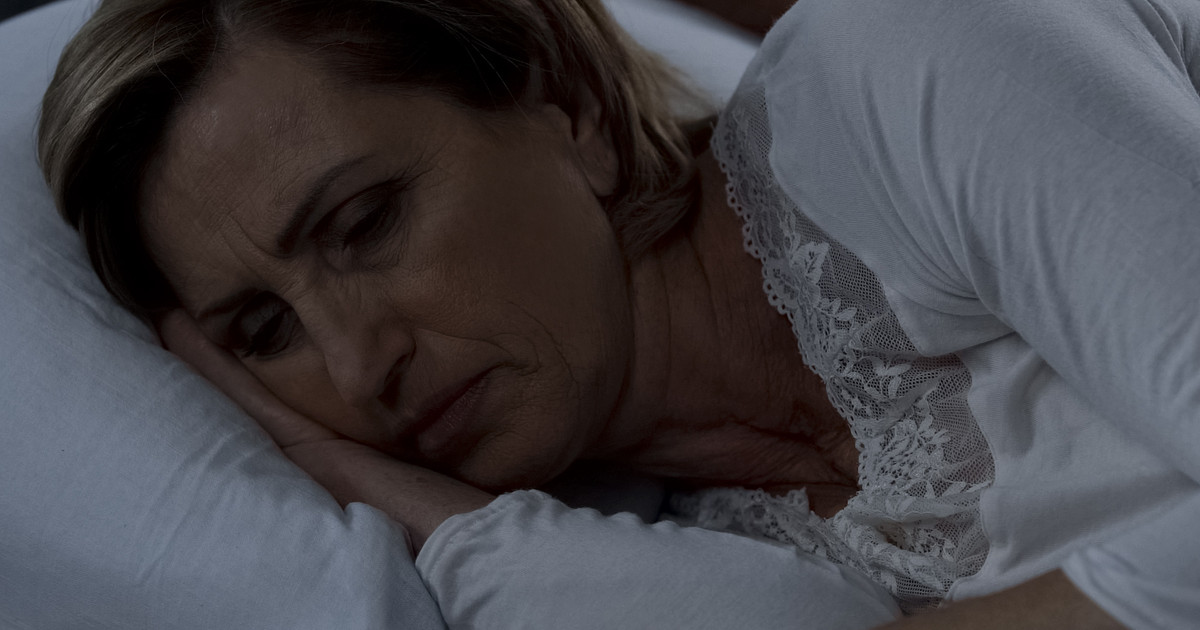Guide To The Symptoms Of Menopause
Menopause occurs when a woman's period stops, usually after forty-five years old. The condition occurs when the ovaries cease to produce progesterone and estrogen, which are two hormones necessary for reproduction. Clinical menopause has been reached when a woman hasn't had a period for a year. However, the symptoms and changes associated with menopause can start multiple years before a woman's periods stop entirely. Some of the symptoms of menopause may require treatment, especially depending on the severity. Women can talk to their doctor about their symptoms and the best way to manage the condition. Menopause may increase a woman's risk of developing osteoporosis or breast cancer. Before official menopause is a period called perimenopause, which presents with many of the same symptoms.
With this in mind, get familiar with the major symptoms linked to menopause now.
Hot Flashes

Hot flashes cause affected individuals to suddenly feel warm, most often over the chest, neck, and face. Some women also experience reddening of the skin similar to a blush. A hot flash can lead to sweating, which can, in turn, cause affected individuals to feel chilled once the flash is over. The most common reason for hot flashes is menopause, but some other medical conditions can cause hot flashes. Hot flashes are the most commonly experienced symptom of menopause, and they tend to start a few years before full menopause sets in. The regularity with which hot flashes occur varies widely from person to person. Some women experience just a few each week, while others might have several in an hour.
Read more about the symptoms of menopause now.
Night Sweats

When individuals sweat, their body is naturally cooling itself to prevent overheating. Body temperature is controlled by the part of the brain called the hypothalamus. For night sweats to be clinically diagnosed, individuals must sweat so much at night that their pajamas and sheets become drenched. In addition, this must occur without being related to being overheated when sleeping. Around three percent of individuals experience night sweats, though they aren't always related to menopause. However, because night sweats can sometimes indicate a more serious underlying condition, affected individuals should consult their doctor. Night sweats due to menopause may be related to hot flashes, though it is possible to experience one or the other without suffering both.
Learn more about the warning signs of menopause now.
